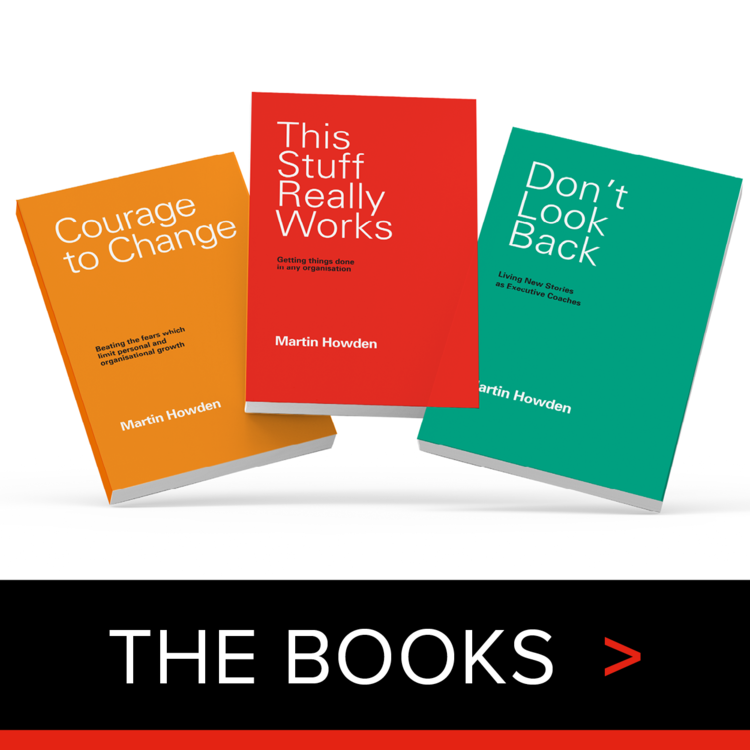NAVIGATING AGE DIFFERENCE. BOTH WAYS.
I think I was around 24 years old when I first became a problem for somebody.
And if you think that suggests a certain lack of self-awareness prior to that point, well maybe.
Even then, I really didn’t mean to be a problem. But clearly I was.
Why?
Because I was young, in a first management role, and supervising John who was about 30 years older than me.
It was difficult for us both. My very existence as an inexperienced manager was tough for John to accept. I was a problem for him. And, truth be told, John was a problem for me.
There’s lots of reasons why, just by being ourselves, we can represent a problem for somebody else. Culture, gender, intellect, who we work for, and age are all in the mix. For now, let’s simply talk about age.
It seems that when “first half of life people” manage “second half of life people”, challenges abound. Issues around experience and control can be particularly difficult for both parties to navigate.
I’ll let you decide where that first-half /second-half boundary lies, but clearly John and I were on opposite sides of it.
Happily, whilst the problem hasn’t changed, nor has the remedy. Funny how humanity works that way, is it not!?
It comes down to the magic trio of Empathy, Unconditional Positive Regard and Integrity. The ingredients that make any relationship work better.
Let’s apply it to the age-difference thing. Whichever side of the line you might lie.
Empathy. Older or younger, I need to empathise with the other party. I need to understand how I might represent a problem for them. And I need to think about how I can reduce that.
Unconditional Positive Regard. Whatever the difference in our contributions, I need to recognise the positives in what the other brings. Which, let’s be honest, are often things that I don’t bring.
Integrity. Despite all my (and perhaps their) best intentions there are times when something happens in the relationship which feels unacceptable to me. A line gets crossed. And I must be able to point that out to them. Nicely. But firmly.
On one hand, I think of a young manager in the NHS as she moves into greater leadership responsibilities, managing people far more experienced than she is.
On the other hand, I think of an experienced Humanitarian Consultant learning to report into his new and much less experienced line manager.
In both cases, and from different sides of the line, using this trio of ingredients they’re learning to manage the age difference.
And in doing so, they’re starting to see that age difference, rather than being a problem, offers potential synergies for delivering even better solutions.
I’ve written before about using the trio of Empathy, Unconditional Positive Regard, and Integrity to resolve difficult relationships. It’s here if you’re interested.


